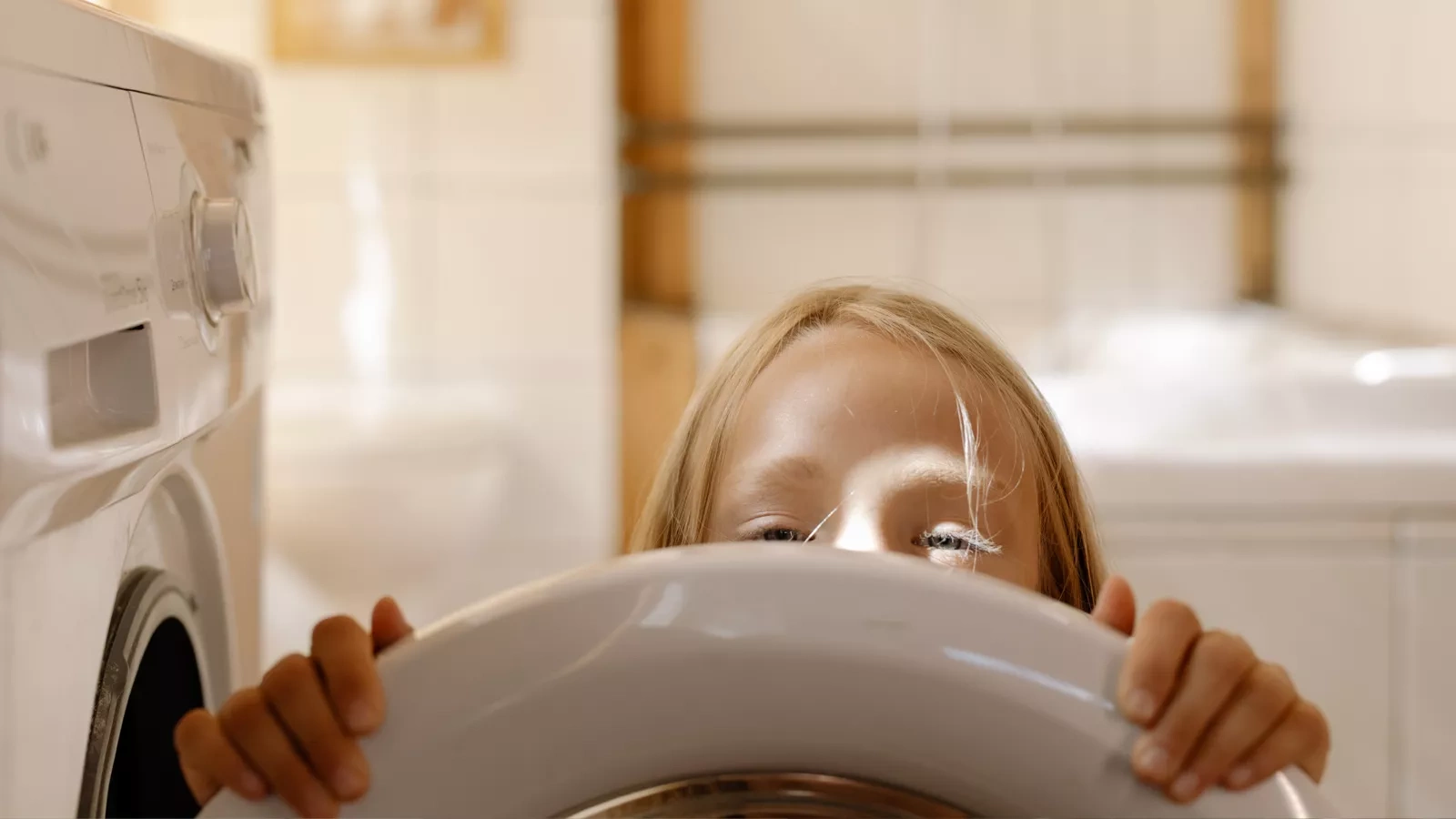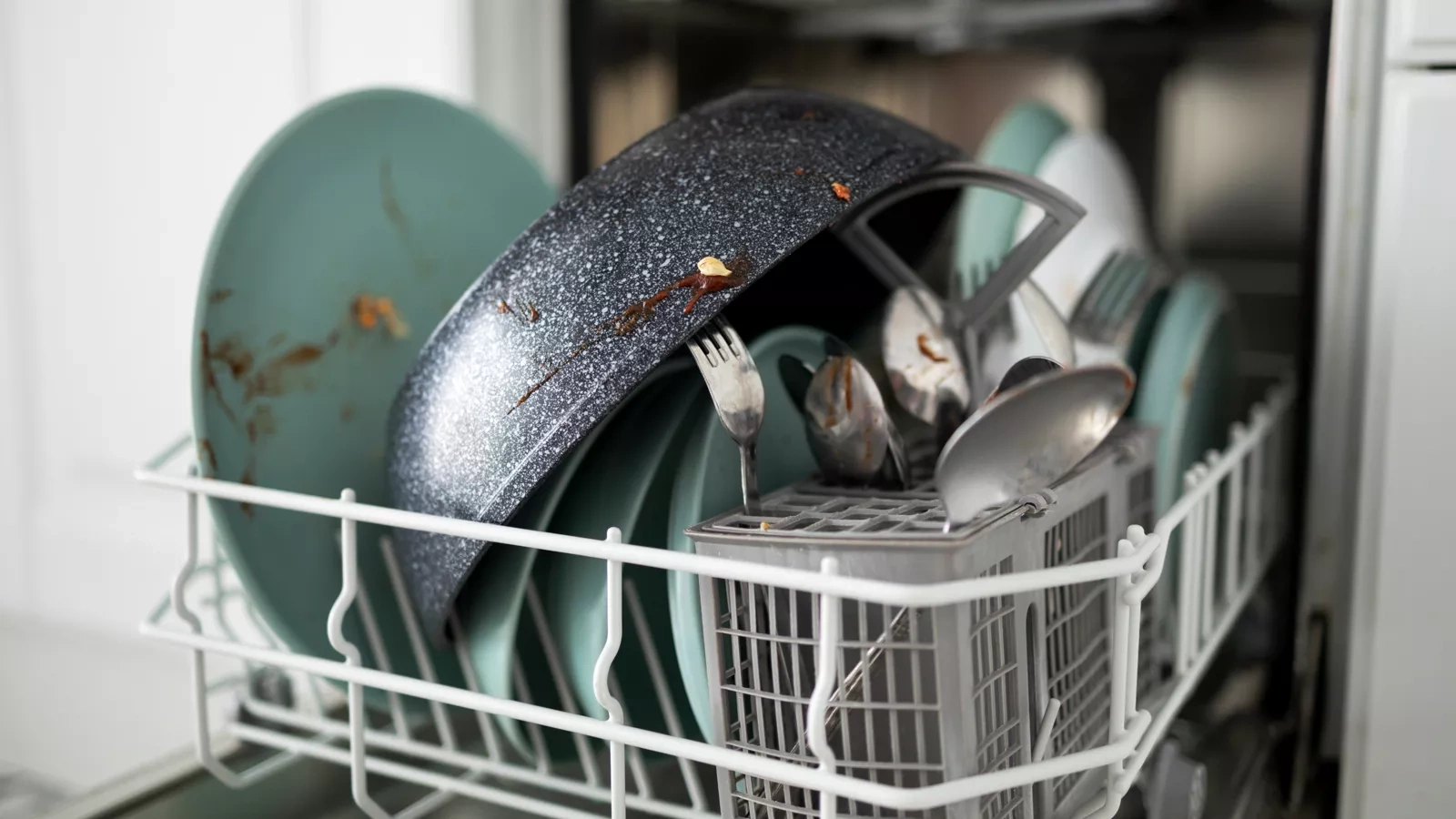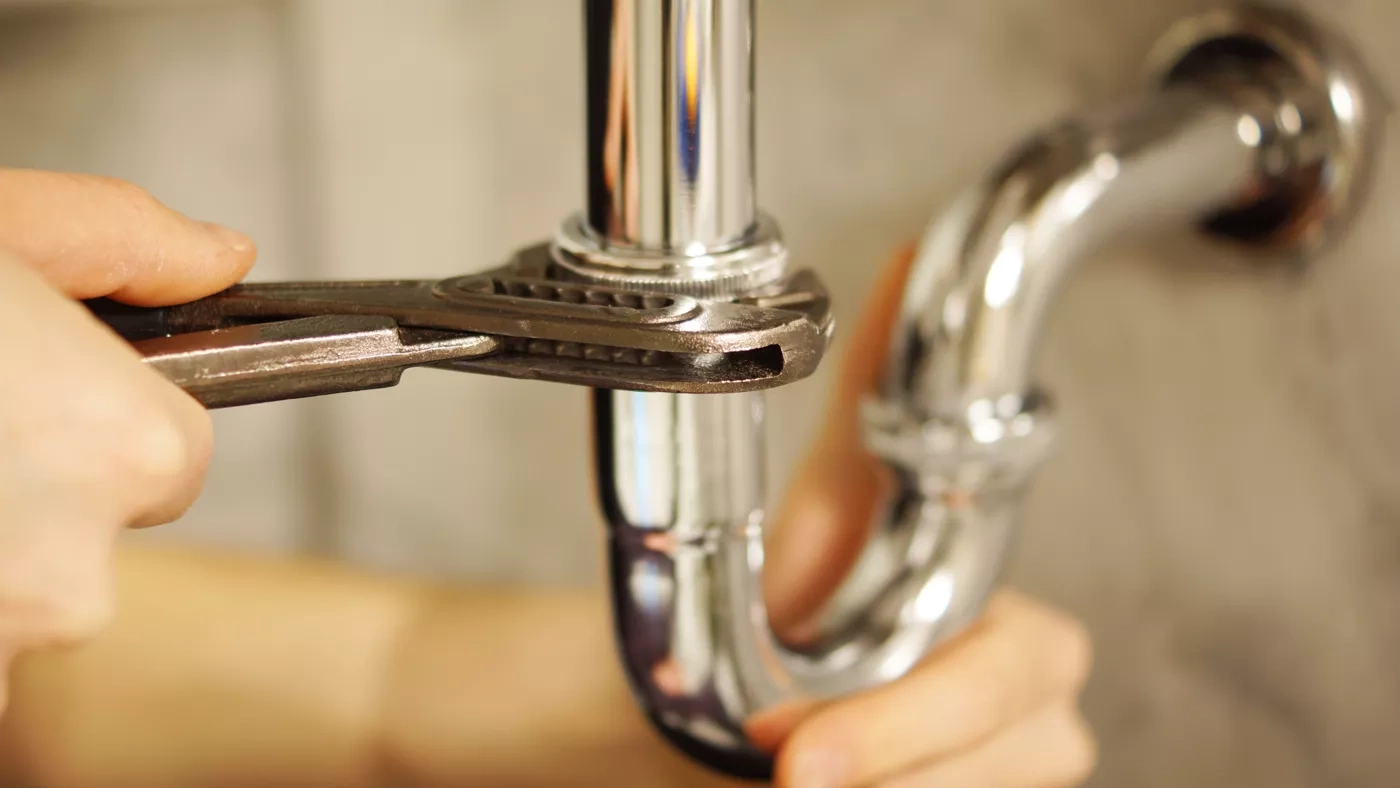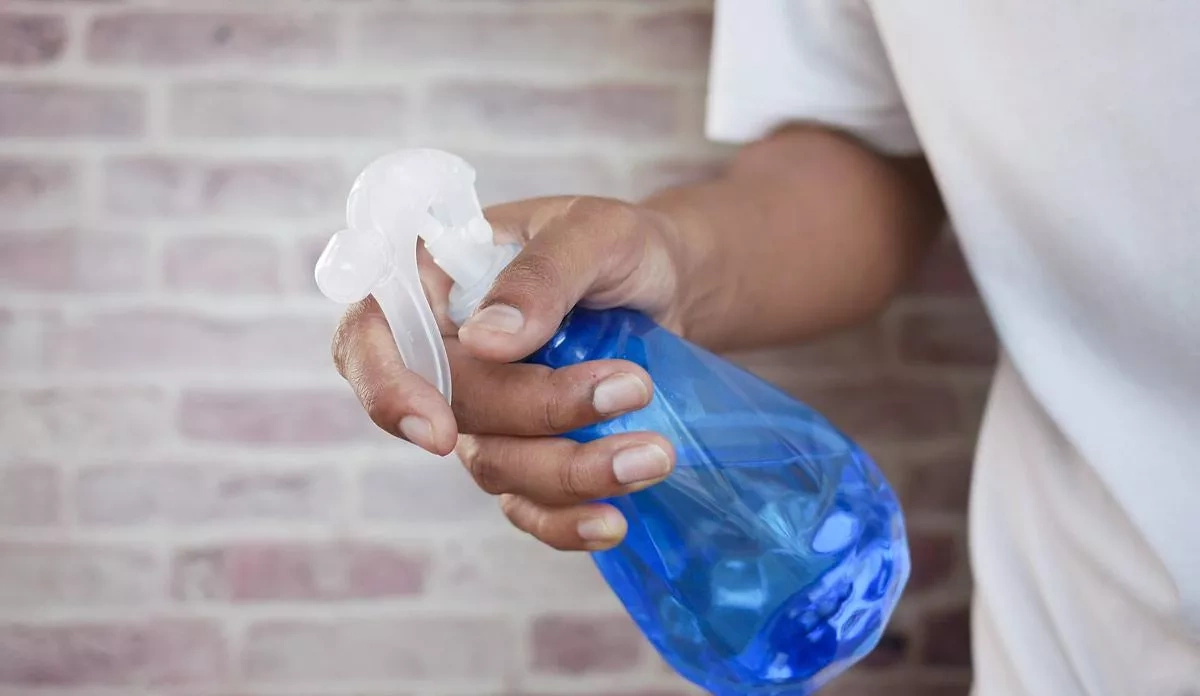
Environmentally friendly spring cleaning with the Blue Angel
When temperatures start to rise at the beginning of the year, many people’s thoughts turn to spring cleaning! Whether it’s cleaning the windows, wiping out the fridge or washing the curtains – it is important when selecting the utensils and cleaning products to also think about environmental friendliness. Products certified with the Blue Angel are more environmentally friendly and better for your health than standard laundry detergents and cleaning products – while they are also guaranteed to deliver a good cleaning performance. The Blue Angel and a few simple tips can help you ensure that your big spring clean is environmentally friendly and good for your health.
The following is generally true: All cleaning products pollute our wastewater with chemicals and can also contain preservatives and fragrances that trigger allergies. The importance of handling laundry detergents and cleaning products in an (environmentally) conscious manner should thus go without saying. It is often sufficient to firstly ask yourself the question: Can I just clean it with water? This is the case, for example, when wiping away dust or removing light dirt or grime. If you do need to reach for a cleaning product – e.g. to remove heavy dirt – remember the following principle: use as much as necessary but as little as possible. You only really need an all-purpose cleaner, dishwashing detergent, bathroom cleaner and kitchen cleaner for your spring clean. However, you should completely avoid using disinfectant cleaners and aggressive cleaners with strong acids or alkalis.
Cleaning products certified with the Blue Angel:
- largely avoid the use of substances that are damaging to the environment and health
- promote the sustainable cultivation of renewable raw materials
- reduce packaging waste
Environmentally friendly washing and cleaning
In the interests of the environment, climate and nature conservation, cleaning agents certified with the Blue Angel ecolabel should be produced in such a way that they have the least possible impact on the environment and human health.
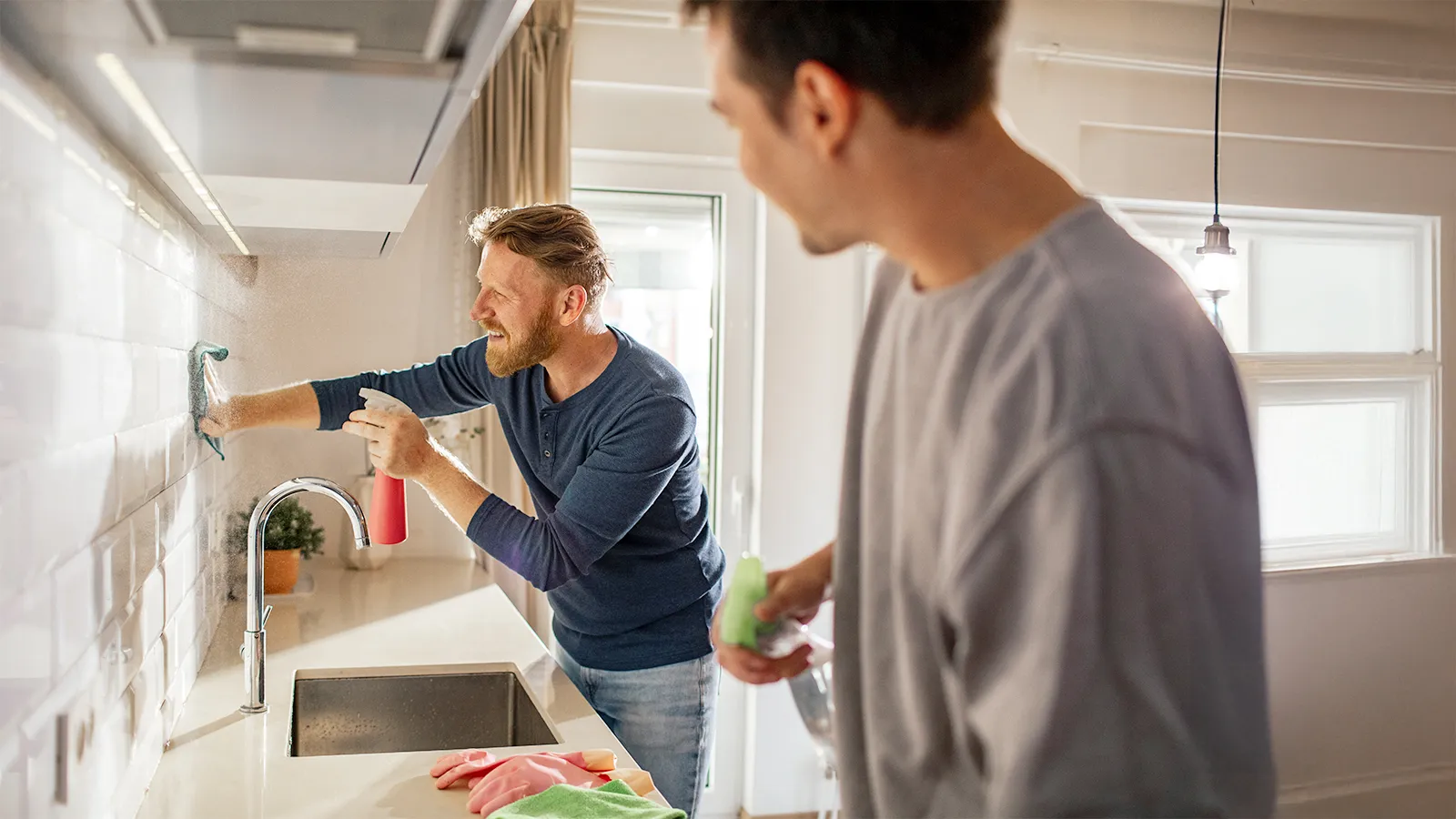
“Less is more also applies to spring cleaning”
There is still a lot of work to do when it comes to protecting the environment: such as when washing and cleaning. Around 1.5 million tonnes of laundry detergents and cleaning products were purchased by private consumers in Germany in 2019. Some of the substances in these products find their way into the environment via wastewater even through it is processed in wastewater treatment plants. Learn how to avoid these substances and how to clean in an environmentally friendly way in this interview with Marcus Gast from the German Environment Agency.
Mr. Gast, how can cleaning damage the environment?
Marcus Gast: The biggest problem with laundry detergents and cleaning products is that we simply use too much of them: 1.5 million tonnes of laundry detergents and cleaning products are sold each year and 550,000 tonnes of chemicals are released into the environment, some of which is released into indoor air and some into bodies of water.
Which cleaning products should we use and which ones can we do without?
Gast: One of the main products that you need in the home is a sanitary cleaner for the bathroom that removes limescale. Other useful products are an all-purpose cleaner, a scouring cream for the kitchen and washing-up liquid for cleaning the windows. However, you should avoid the use of aggressive cleaning products containing hydrochloric acid or strong alkalis, which are labelled as being corrosive, and especially disinfectant cleaners wherever possible. Disinfectant cleaners should only be used if recommended by a doctor. Even during the corona pandemic, preventative disinfection is not required in private households.
How do I know which substances are in cleaning products?
Gast: The ingredients are stated directly on the label in some cases or this information can be found on the internet. The label will list, for example, any allergenic fragrances and also the preservatives in the product. The label will also contain a link so that you can find a list of all of the ingredients in the product online. All ingredients are listed according to their concentration in descending order, in a similar way to cosmetic products. This means that the substance with the highest concentration is listed at the top and the substance with the lowest concentration at the bottom.
Which seals and labels are important and reliable?
Gast: We highly recommend first and foremost the state-approved labels: the Blue Angel and the EU Ecolabel. Both of these labels are independently monitored and awarded. There are also other labels such as organic labels: It is not always clear, however, how environmentally friendly these products actually are. The important thing to remember is that there are environmental labels such as the Blue Angel for all-purpose cleaners, sanitary cleaners, glass cleaners, hand dishwashing detergents and all the other products you may need. This means that the quality of the product is guaranteed. These products have to be able to clean just as well as a standard product.
Some people make their own cleaning products using baking soda, lemon or vinegar for example. Is this really an environmentally friendly alternative?
Gast: Unfortunately, do-it-yourself products also have their own shortcomings: People are often not sure of the correct dosage and the ingredients are not necessarily environmentally friendly – e.g. many people recommend using natural orange oil but it contains limonene which is hazardous to water organisms and is poorly biodegradable in wastewater treatment plants. It can also trigger allergic reactions. Or other people recommend using acetic acid or vinegar essence but it can attack chrome parts and will thus damage taps and fittings in the bathroom. Even if you do use products certified with an ecolabel, it is still important to use the correct dose. If you use too much of the product, it nullifies the environmental benefits.

